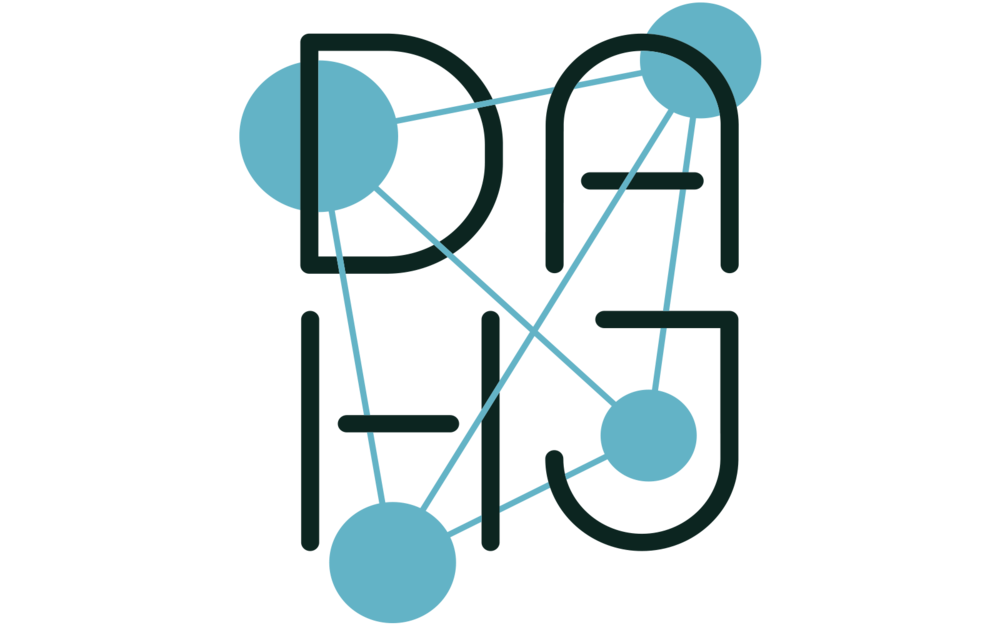Abstract
In the field of automated image recognition, computer vision or artificial ‘intelligence,’ the ImageNet data collection plays a central role as a training dataset. For the research project Training The Archive, which aims to make digital humanities methods available for the curating of art, the extent to which ImageNet influences the software prototype The Curator’s Machine is discussed. The Curator’s Machine is designed to facilitate the discovery of relationships and connections between artworks for curators. The text explains how ImageNet, anchored in contemporary image worlds, acts on contemporary and historical artworks by 1) examining the absence of the classification ‘art’ in ImageNet, 2) questioning ImageNet’s lack of historicity, and 3) discussing the relationship between texture and outline in ImageNet-based automated image recognition. This research is important for the genealogical, art historical, and coding related usage of ImageNet in the fields of curating, art history, art studies and digital humanities.
DOI: https://doi.org/10.11588/dah.2021.6.82135
Author
Francis Hunger
combines artistic research and media theory with the capabilities of narration through installations, radio plays and performances and internet-based art. Currently he is a researcher for the project Training The Archive at Hartware MedienKunstVerein, Dortmund, critically examining the use of AI, statistics and pattern recognition for art and curating. In 2022 he co-curated with Inke Arns and Marie Lechner the exhibition House of Mirrors – Artificial Intelligence as Phantasm at HMKV, Dortmund. His Ph.D. at Bauhaus University Weimar developed a media archeological genealogy of database technology and practices. In 2022/23 Hunger was guest professor at the Intermedia program of the Hungarian Academy for Visual Arts, Budapest. Recent texts include Data Workers of All Countries, End It! Hamburg 2022, Transaktionsverarbeitung in relationalen Datenbanken – Zur Materialit.t von Daten aus Perspektive der Transaktion. Paderborn 2021, How to Hack Artificial Intelligence. Artistic projects and current research on the (dis) abilities of machine learning techniques. Amsterdam 2019, and Epistemic Harvest – The electronic database as discourse and means of data production. Aarhus 2018 Hunger’s artistic work is exhibited internationally. Numerous festival participations, talks, lectures, publications, screenings and academic lectures. He occasionally curates exhibitions, teaches at universities regularly and publishes daily on twitter.
http://www.irmielin.org, http://twitter.com/databaseculture

